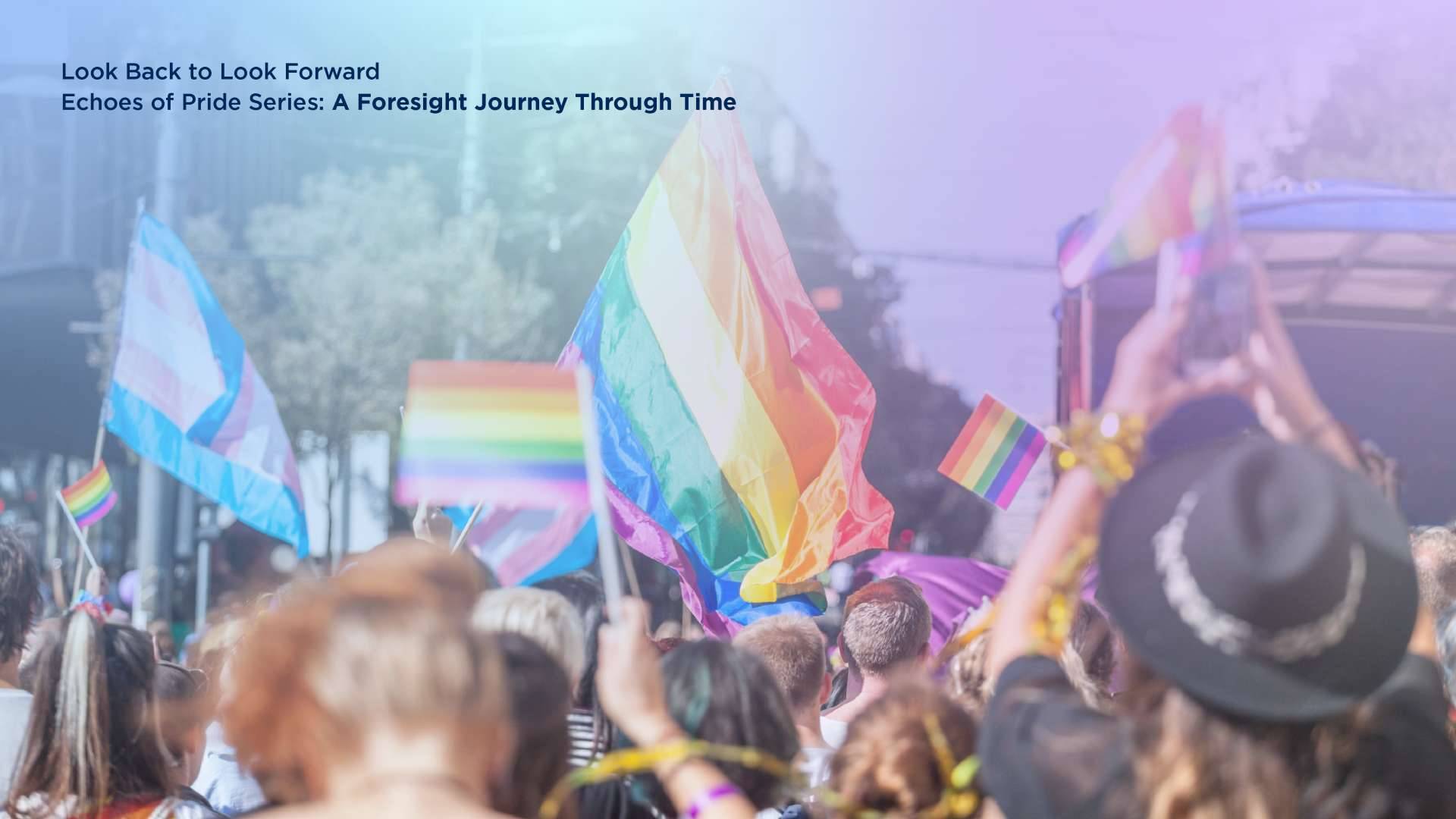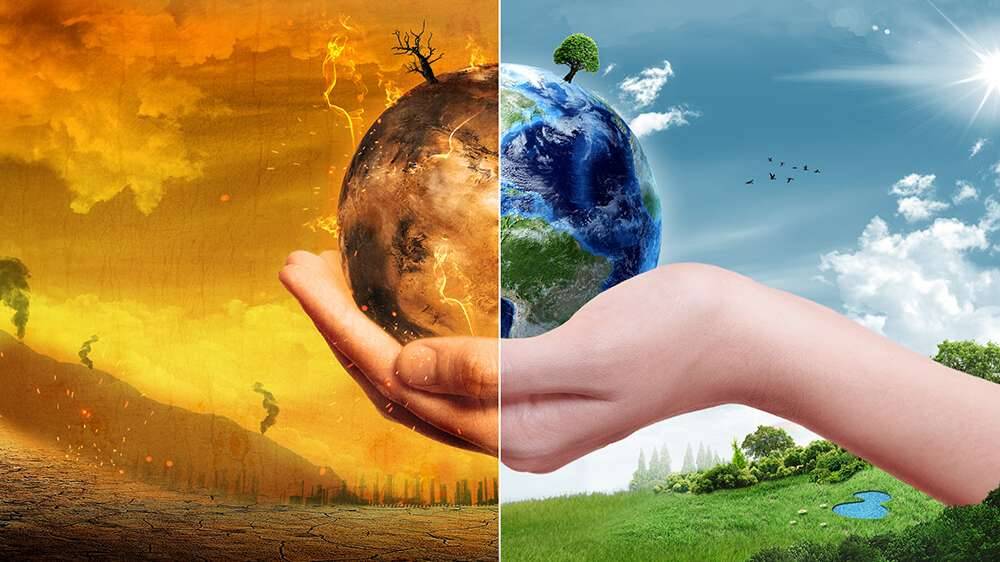
Eco-anxiety
ARTICLES | Mar 16, 2021
Natural disasters and signs of climate change suggest we’re entering a global crisis, impacting our physical and mental well-being. Today FutureTales Lab by MQDC covers "Eco-anxiety".
Eco-anxiety stems from concern about the climate. The environment can have acute and severe effects for mental health, usually after natural disasters, and chronic impacts, caused by climate change. An APA poll found that 68% of people in the United States have environmental concerns. Half of people aged 18 to 34 said that climate change stress affects their daily lives. Many people decide not to have children over concerns about the future, or avoid using planes to reduce carbon emissions.
ln Thailand, a poll found that 43% of Gen Z are concerned about pollution and the environment, 38% about natural disasters, and 33% about climate change. A student in a class given by Wendy Petersen Boring in the United States said she woke at 2am and cried for 2 hours about ocean warming, according to CNN. Stress can cause children to suffer behavioral changes, affecting their development, memory, and ability to make decisions, including academically.
These anxieties can affect anyone. But we should recognize our emotional state. We should consume information carefully to tackle environmental issues in our daily lives, such as using our cars less, supporting green areas, using clean energy and green products. If you're still experiencing extreme anxiety, it's time to consult a mental health professional – a psychiatrist, psychotherapist, or a mental health hotline.
Future Implications
- Mental healthcare infrastructure for the community will expand and adjust.
- People require plans to prevent and prepare for natural and environmental crises.
- Responsible education should boost the mental well-being of students and people of all ages.












